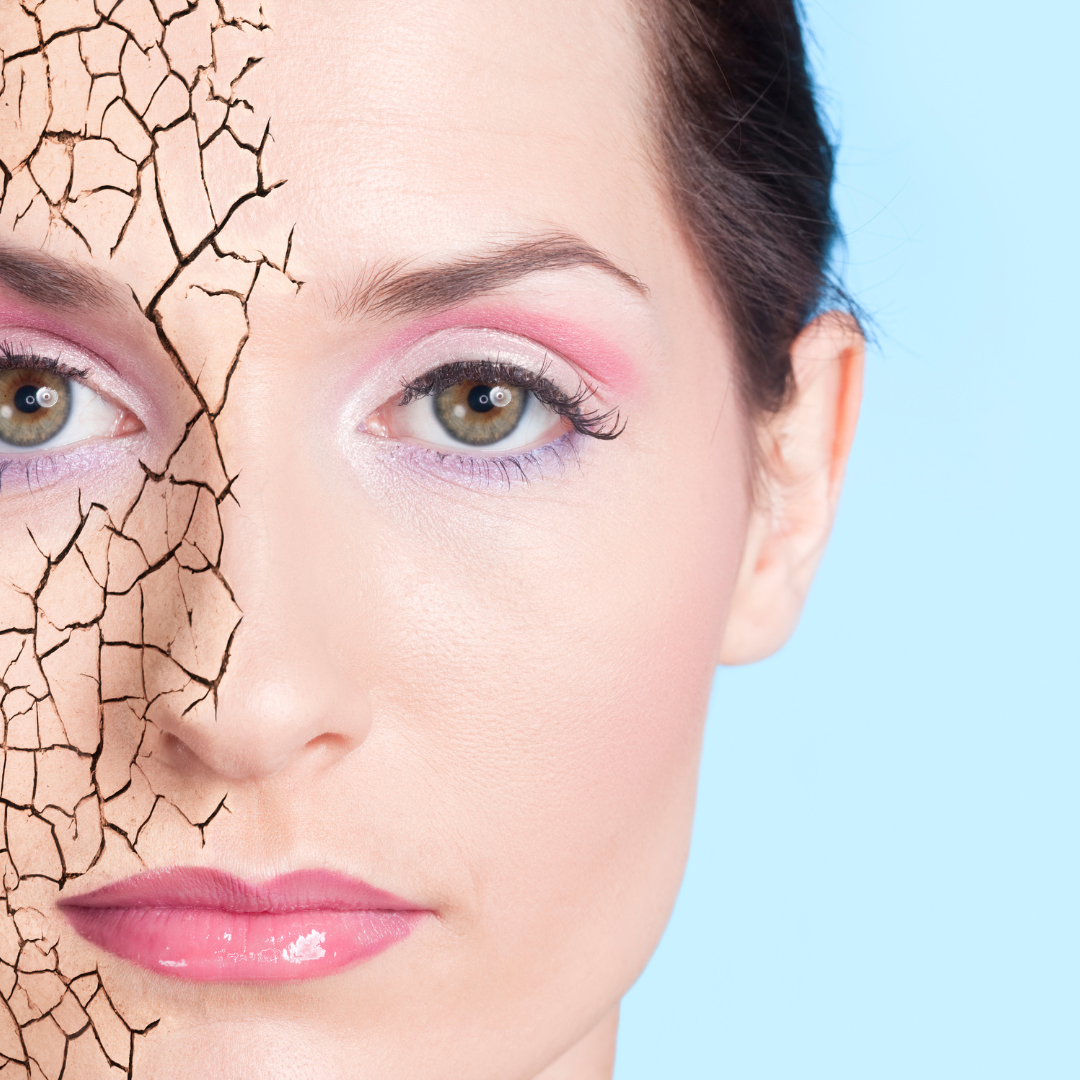Understanding Rosacea: Triggers and Solutions with Prebiotic Skincare
Rosacea is a chronic skin condition that affects millions of people worldwide, characterised by redness, visible blood vessels, and sometimes acne-like bumps on the face. While the exact cause of rosacea is still not fully understood, it is known to be triggered by a combination of genetic and environmental factors. This condition can be particularly challenging to manage, as it often flares up in response to specific triggers like stress, spicy foods, alcohol, and temperature changes.
What is Rosacea?
Rosacea typically appears on the central areas of the face, such as the cheeks, nose, chin, and forehead. Symptoms include persistent redness, visible blood vessels, and in some cases, acne-like pustules. These symptoms can come and go, but without proper management, they often become more severe over time.
Rosacea is believed to be connected to the immune system and the skin’s natural microbiome. The microbiome is a delicate balance of good and bad bacteria, fungi, and other microorganisms that live on the skin’s surface. When this balance is disrupted, it can contribute to skin conditions like rosacea.
The Role of the Skin's Microbiome in Rosacea
The skin's microbiome plays a crucial role in maintaining overall skin health. It acts as a protective barrier against harmful pathogens and helps to regulate inflammation. However, when the microbiome becomes unbalanced—due to factors like harsh skincare products, environmental stressors, or even certain medical treatments—it can trigger or exacerbate rosacea symptoms.
Traditional treatments for rosacea often include antibiotics or other anti-inflammatory medications, which can help to reduce symptoms in the short term. However, these treatments can also disrupt the skin’s microbiome by eliminating both harmful and beneficial bacteria. This disruption can lead to further skin issues, including increased sensitivity and a higher likelihood of flare-ups.
The Benefits of Prebiotic Skincare for Rosacea
Prebiotic skincare, like the products offered by Mitru IQ, can be an effective way to support the skin's microbiome and manage rosacea symptoms. Prebiotics are natural substances that help to nourish and support the growth of beneficial bacteria on the skin. By promoting a healthy microbiome, prebiotic skincare can help to strengthen the skin’s barrier function, reduce inflammation, and improve overall skin resilience.
Mitru IQ’s range of prebiotic skincare products is specifically designed to support the delicate balance of the skin’s microbiome. These products work to soothe and calm irritated skin while promoting a healthier, more balanced environment for your skin’s natural flora to thrive.
How Mitru IQ Can Help Manage Rosacea
Using Mitru IQ’s prebiotic skincare products can provide several benefits for those dealing with rosacea:
- Balance the Microbiome: By feeding the good bacteria on your skin, Mitru IQ prebiotics help maintain a balanced microbiome, which is essential for managing rosacea.
- Reduce Redness: A healthy microbiome can help to regulate the skin’s inflammatory response, reducing the redness and irritation associated with rosacea.
- Calm Irritation: Prebiotic skincare helps to soothe the skin, providing relief from the discomfort of rosacea flare-ups.
- Strengthen the Skin Barrier: Over time, prebiotics can help to strengthen the skin’s natural barrier, making it more resilient to triggers that cause rosacea to flare up.
Conclusion
Rosacea is a challenging condition, but understanding the role of the skin’s microbiome and incorporating prebiotic skincare into your routine can make a significant difference in managing symptoms. Mitru IQ’s innovative prebiotic products offer a natural and effective way to support your skin’s health, helping to reduce redness, calm irritation, and improve overall skin resilience.
If you’re ready to take control of your skin health and manage rosacea more effectively, explore Mitru IQ’s range of prebiotic skincare products and experience the benefits of a balanced microbiome for yourself.





